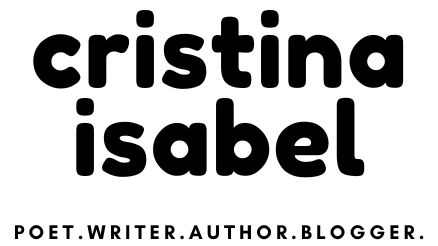
AUTHOR BIO:
Joan S. Peck grew up in Elmira, a small town in New York State, and now makes her home in Las Vegas, Nevada, with her silky terrier pup, Sweet Pea.
She grew up in a family who always read books and were happy to discuss the story-line and its plots, encouraging the idea of becoming a writer. In her twenties, she began to test the waters by writing short stories, which was short-lived when marriage and children took over. It wasn’t until 2008 that she began to write her books in earnest.
Joan writes about what she’s been drawn to with her spiritual and supernatural beliefs, and her interest in addiction and human trafficking. Her writing is realistic yet optimistic, and it shows her softer, humorous side.
Joan S. Peck is an editor and author of short stories, spiritual books, and has a mystery book series called, The Death Card Series. She is also a contributing writer for Choices magazine and Chic Compass magazine, produced in Las Vegas and available world-wide.
Her latest authoring is the Death Card Mystery Series. “To me, the fun of reading mystery books is to become so intrigued with the story it becomes impossible to put the book down. The fun of writing them is to put you in that same situation.”
Her 9th book, a stand-alone novel, “Angels Out of the Dark” is due out in 2020. It is about a couple who picks four women off the streets to become their “angels” to help other girls off the streets.
AUTHOR Q&A:
1. How long does it take to write your book(s)?
JP: I can usually write a book in six months to a year. Then, of course, it needs to be critiqued, edited, and re-edited, then marketed. So, on the whole, one year or more to completion.
2. What is your work schedule like when writing a book?
JP: I usually work from 9 to 4 p.m. with breaks. If I need to step away even for a day or two, I will. My goal is to write 1,000 to 2,000 words a writing day.
3. Where do you get your ideas or information for your book?
JP: For my Death Card Series, I had an opportunity to pitch my idea to a producer who took books and made them into movies. All I had to do was come up with an idea. When it was my turn to speak, out of my mouth came: “She’s a psychic who reads tarot cards, and every time the Death Card shows up, there’s a murder. Her grandmother’s spirit comes to her at inopportune times and her sidekick is her dog, Sweet Pea.” I don’t know who was more surprised – him or me. I had no idea where that came from, but he loved the idea and said, “Now, write the books.”
4. When did you write your first book?
JP: I write my first book in 2008 after the death of my son who’d died of a drug overdose. It was called “The Seven Major Chakras – Keeping it Simple.” I wrote three other spiritual books on energy, the last one with my son, who’d passed and was channeled in, called “Prime Threat – Shattering the Power of Addiction.”
5. What do you do when you’re not writing?
JP: Reading (LOL)
6. What was the most surprising thing you learned in creating your books?
JP: I learned that we create best when we allow ourselves to write without judgment and step into each character’s personality and write about it without condemnation. After all, the human experience is individual and no two people experience it the same. I knew that when I was in my space of writing, the words flowed easily. If I forced anything, it didn’t work. That is why there were some days, I didn’t or couldn’t write. I had to be in the flow.
7. How many books have you written? Which is your favorite?
JP: I’m just finishing book nine – both books 8 and 9 will be out in 2020. My favorite is my first stand-alone fiction book called, “Angels Out of the Dark” about a couple who picked four girls from the streets to become their “angels” to help other girls off the streets. It is a powerful book about addiction and human trafficking.
8. Any tips/suggestions on getting started?
JP: For those who come to me with that same question, I tell them to write down what they want the reader to take away from their book since every book has a message or theme. Why would the reader want to pick it up? What is in it for them? Also know your ending. I’m a “pantser” so I know how writing can bring in characters and situations I didn’t plan on but they only added to the story and didn’t change the main theme.
9. What do you think makes a good story?
JP: I think a good story has humor; characters well-developed so you feel you know them inside and out; a problem or issue to resolve; conflict; and an easy flow to keep the story going and doesn’t allow the reader to put the book down.
10. As a child, what did you want to do when you grew up?
JP: To be honest, I had no idea. We were told by society that if we wanted to work, we had a choice: teacher, secretary, nurse. Like many, I became a wife and mother until many years later.
LINKS:
Email: joanpeck39@gmail.com
Website: www.deathcardseries.com
PUBLISHED WORKS:

